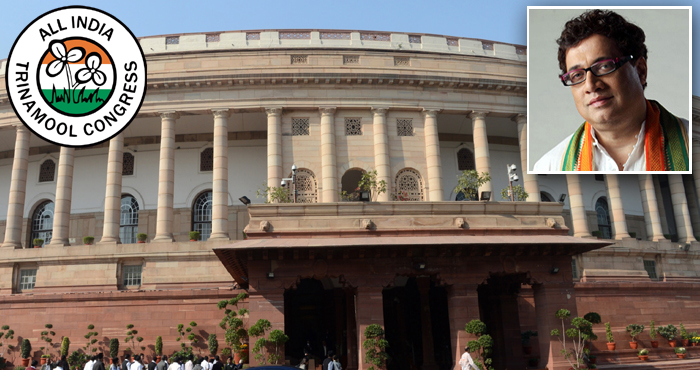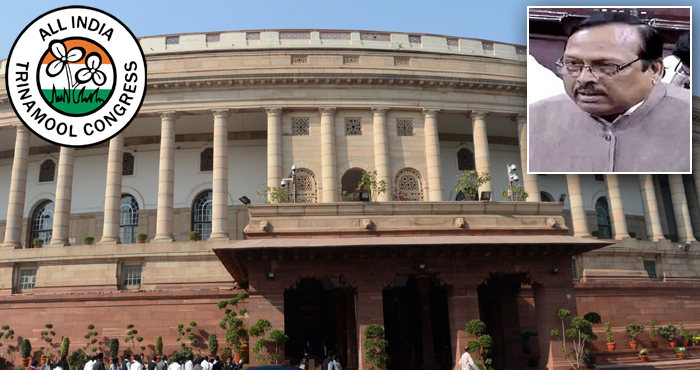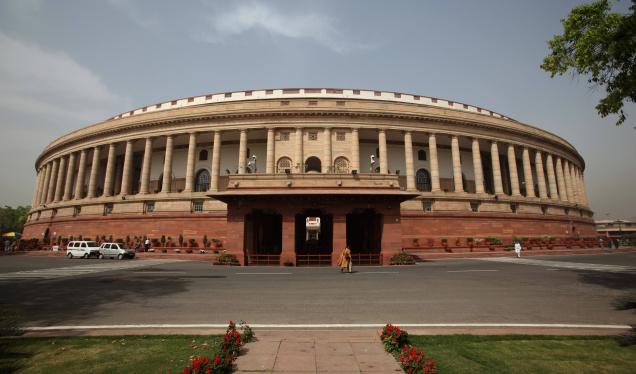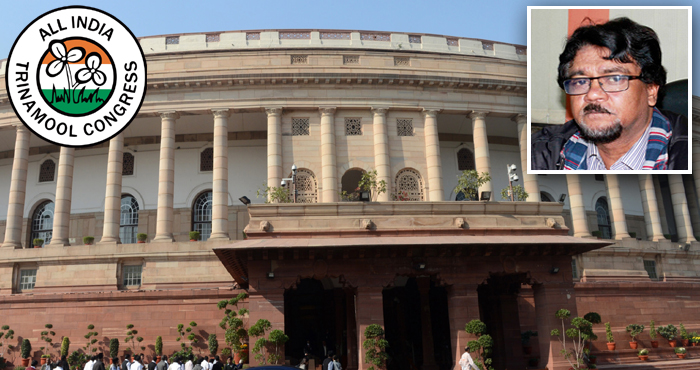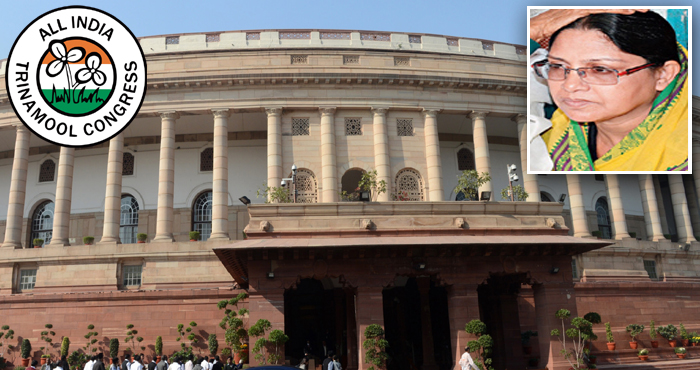FULL TRANSCRIPT
Mr Chairman Sir, before I share with my colleagues here some of the things they already know, I thought it would be my duty to may be share a few nuggets which many of us in the House do not know about you.
For example, there is somebody who meets you every morning; his name is Akhil Thakur and he is a very important person in your life. He is your yoga teacher, who meets you every morning. Now we know how you are so fit. And as part of your routine you also walk every evening. So that is yoga and walk, so that is why you are still looking 60, when you are close to 70.
My colleagues here would also be surprised if I told them that you have not had lunch for the last 40 years. Because I know from very reliable sources that for the last 40 years all you have eaten for lunch are TWO sandwiches. This must be a world record that is why you are looking so fit.
Did you know that the Hon Chairman of the Rajya Sabha, the Vice president of India, was a number 5 batsman and a very agile wicketkeeper who got the college cap? More on cricket… When you were the Ambassador to Iran, you introduced cricket to the Indian Embassy in Iran and they say Iran is indebted to you because you started popularising cricket there.
Yes Sir, and some of us here are lovers of dogs and you are a wonderful dog lover because you have seven dogs at home. You must tell us the secret as to how. After this ten year journey, you are moving but actually you and the new Vice President are just walking across the road because you are going to 31 APJ Abdul Kalam Road and he is coming across to your place. So after all this, it’s only a ‘going across the road’ Sir.
Sir, but on a more serious note, Ram Gopal ji mentioned one of your biggest achievements in the Rajya Sabha: no Bill in the din. Sir, I end my term in a few days from now and there are many things that I have learnt from you. What you have done for this House, which I think is very meaningful, we need to place this on record.
Sir, the first is extending the time of the Rajya Sabha. The House would run from 11 AM to 5 PM. Congratulations Sir, for getting us all to work one extra hour everyday and extending the time from 5 PM to 6 PM. Secondly, the Zero Hour never had a time limit. It is you who set the time limit to three minutes and that is why fifteen of us can get a chance to express ourselves – or try and express ourselves – everyday.
Sir, something very important, also which you introduced, is that members can not duck a question. Earlier, if it came up in Question Hour and you were not present then the Supplementary Questions would never be asked. But you came up with the move that even if the member ducks the question, the answer is still laid on the table of the House and someone else can answer the supplementaries. Sir, this is the smartest of all your moves here, because now there is no way to duck the question.
Sir, and of course, the most meaningful of them all, you gave a name to the morning meetings which we have at the back and you called it the ‘Tea Club’. So it gives it a feeling of informality, it gives it a feeling of camaraderie, so we can share everything there (does not matter if we say something there and then come and do the other thing).
Sir, in conclusion, I cannot but end saying very proudly that you and many of my colleagues from my party and myself, we all come from the same city. Sir, I know how deeply you love Kolkata and your roots are in Kolkata. You went to St Xavier’s College run by the Jesuits and you know their motto – I went to the School but I did not get into the College. It is Nihil Ultra – Nothing Beyond. That is absolutely beautiful, Sir.
From the Latin to Urdu. I have also noticed that whenever you have a function – a book release, or a farewell or a welcome – you always have the right Urdu couplet to match the occasion. Sir, you quoted:
“Justuju hain zindagi, zokay talaab hain zindagi,
Zindagi kaa raaz lekin durey manzil mein hai”.
Sir, this is what you said was the motto of what guided you and I had it translated for myself. That is wonderful, Sir.
Sir, two more things to say before I go. One is, we know you will be living in Delhi. Please come back home, come back to Kolkata for holidays or even longer periods of time.
Sir, at moments like these, there is lot of sadness, melancholy and nostalgia. But in all this, Sir, you have never lost your sense of humour. I remember what you told us in one of your tea meetings and I thought self-deprecating humour is a great trait. We asked you, Sir, how was the 10 years from the time you were 70 to 80. You told us, that this is the best ‘pension package’ that anyone could ever get. So, you are a great pensioner and I am using your humour to tell everyone else that you must be an inspiration to all pensioners in this land.
Sir, thank you very much for inspiring so many of us and especially the newer ones like me and so many who have come here.
Thank you.

